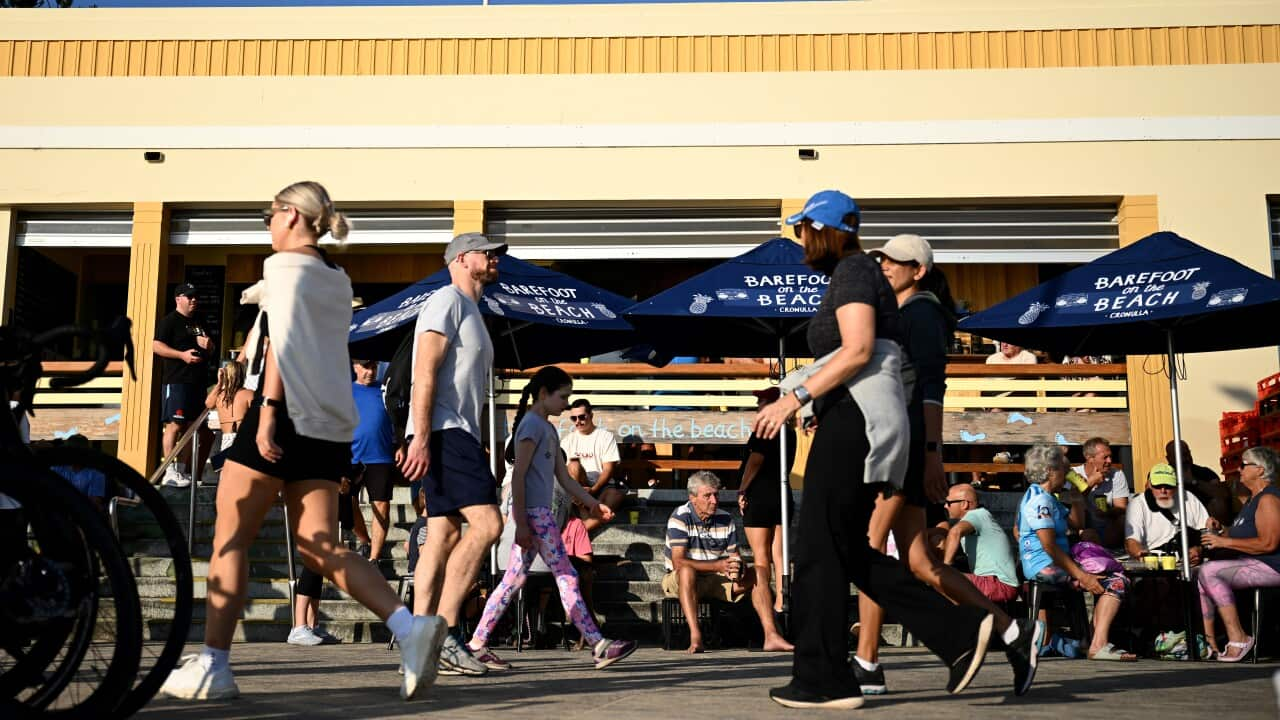As the holiday season approaches, many Australians are preparing for festivities, family time, and celebrating the end of 2024 — but these celebrations could be hampered by COVID-19.
Case numbers are on the rise in some parts of the country, and experts are reminding Australians to be mindful of symptoms and risks.
This week, Victoria’s Department of Health issued a notice of increasing levels of COVID-19 activity, with hospitalisation figures increasing approximately 12 per cent over the past week.
Notified case numbers have increased 10 per cent in the past week to 1,597 laboratory-confirmed cases, representing a 63 per cent increase over the past month.
Confirmed cases of COVID-19 have also slightly increased in NSW, up almost 8 per cent in the week to 23 November, according to the latest data from the state’s Respiratory Surveillance Report.
Monthly prescriptions for treatment also appear to have increased between September and October, according to data released by .
The number of active outbreaks in aged care homes reached 178 in the first week of November, compared with 109 at the start of October.
Benjamin Schwessinger, an associate professor at the Australian National University Research School of Biology, said COVID-19 case numbers do appear to be increasing, and said it is typical for this time of year.
“National data suggests there might be a slight uptick,” he said.
“The data suggests that there is a peak starting around early December lasting until early January, and that has been fairly consistent for the last three years.”
Many Australians are no longer taking precautions against COVID-19. Source: AAP / Daniel Pockett
Catherine Bennett, Deakin University’s chair of epidemiology, said this is partially due to increased socialising at this time of year, along with new variants and waning immunity.
“When a new variant comes along it has a bit of an advantage … it can get past our immune systems,” she said.
“We’re pushing out to nearly six months since our last wave, and even if people are relying on naturally bumping into the virus in the community to boost their immunity, your protection from that last wave starts to wane about now.
“So that’s when you start to see these waves push up again, that’s why we are seeing these six month cycles.”
Should Australians be concerned about COVID-19?
According to the latest COVID Community Sentiment Index, a research survey commissioned by pharmaceutical company Pfizer, many Australians are not prioritising COVID-19 safety.
Less than half of the survey’s 1,000 respondents (42 per cent) said they would test for the virus if they had symptoms, and nearly one in five (19 per cent) said they would likely go out in public even if they tested positive.
Two-thirds of respondents (66 per cent) said they do not plan to test for COVID-19 before travelling, even if symptomatic, and one-third admitted to not washing or sanitising their hands regularly while travelling.
Schwessinger said while many people have relaxed their safety and hygiene habits, the virus and transmission should still be taken seriously.
“COVID can still be a drastic disease, people still die of COVID and it’s still one of the major causes of death in Australia,” he said.
“Long COVID is also an issue that sticks with many, and some data suggests that the more times you get COVID, the more likely you are to get Long COVID which is not a nice disease to have.”
Bennett said it’s important to be aware of the virus and to manage risk, particularly for older Australians and those who are immunocompromised.
“It’s also about managing our own risk of infection, looking out for symptoms, and not going socialising if you’re unwell or wearing a mask if you have to go out,” she said.
“All of those things do make a difference in the population and even if we aren’t worried about infection ourselves, we should be considerate about other people who might not feel as well if they are infected.”
Anybody experiencing COVID-19 symptoms is urged to take a test and avoid contact with people who are at higher risk of becoming seriously ill.
If you test positive, you should not visit high-risk settings like hospitals, or aged care and disability care settings for at least seven days or until symptoms have gone, unless you are seeking medical care for yourself.

